PlanetHockey Features
PlanetHockey Features
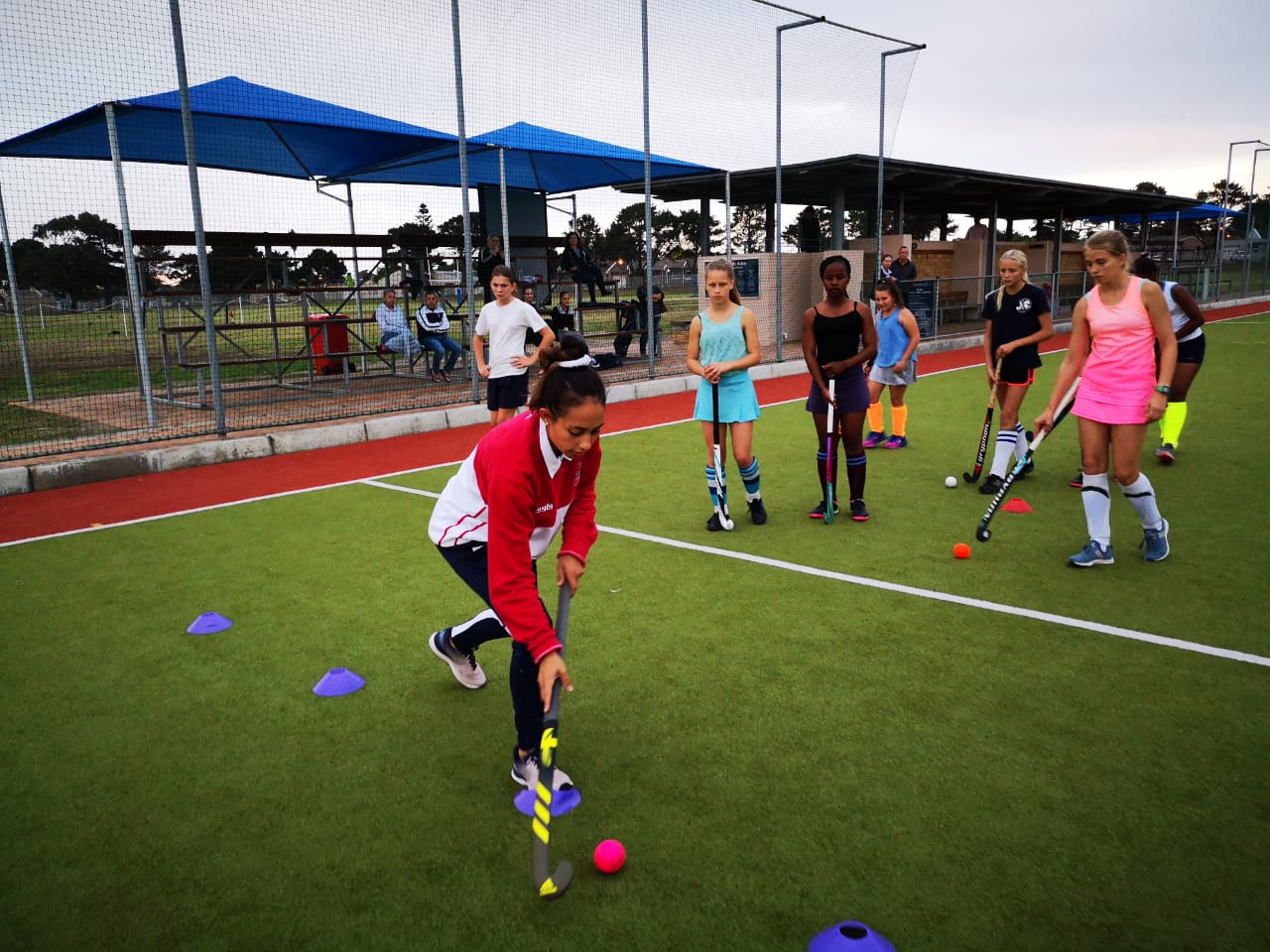
By Jason Carr
•
20 Aug, 2020
Increasing the number of teachers and coaches who can deliver high quality hockey training to children within both the school and club setting is at the heart of South Africa Hockey Association’s (SAHA) re-imagined coaching framework. Primary school teachers, junior club coaches, sport and physical education students, aspiring sports coaches and youth sports volunteers are all being offered the chance to increase their knowledge and skills so they can become part of a country-wide hockey workforce. The level 0 coaching course will introduce some fundamental hockey coaching principles to coaches who are new to the sport. These will include: how to create a safe and fair playing environment for players at beginner’s level; the development characteristics of beginners - physiological and psychological; and how to plan and implement modified games for beginners. Armed with that knowledge, teachers and coaches across the country will join the SAHA in spreading hockey among young children in all communities. This is a big step forwards in the ambition to make hockey a sport that is relevant to all sections of South African society. Accessibility is always an issue in a country as vast as South Africa, so the SAHA has embraced the digital revolution and will be delivering a total of 30 online courses, for coaches and technical officials, that will be accessible across all nine provinces. There will be no need for the coaches – many of them from poor communities - to undertake time-consuming and costly journeys to one central coaching hub. Robyn Morgan is chairperson of the SAHA Education Sub-Committee and she says: “To ensure a diversity of coaches benefit from across the entire country we are targeting 2,000 primary schools. For schools in a more rural environment we will run the courses privately for their school alone so the teachers can all gather at school where there is access to WIFI in order to participate in the course.” The coaching courses offered by the SAHA’s coaching framework will focus on giving the aspiring coaches the knowledge and experience to teach children the basic skills of the game. The first courses being offered are Level 0 and 1. The Level 1 course is aimed at coaches working with early years secondary school pupils and at adult clubs as part of a larger coaching structure. Behind the drive to educate the teachers in hockey skills is to ensure hockey is an integral part of the national primary school physical education curriculum. Up skilling teachers in this way will help primary school teachers and those delivering hockey at secondary school and grass roots or community club level to become confident and adept at delivering the sport in a safe and progressive manner.
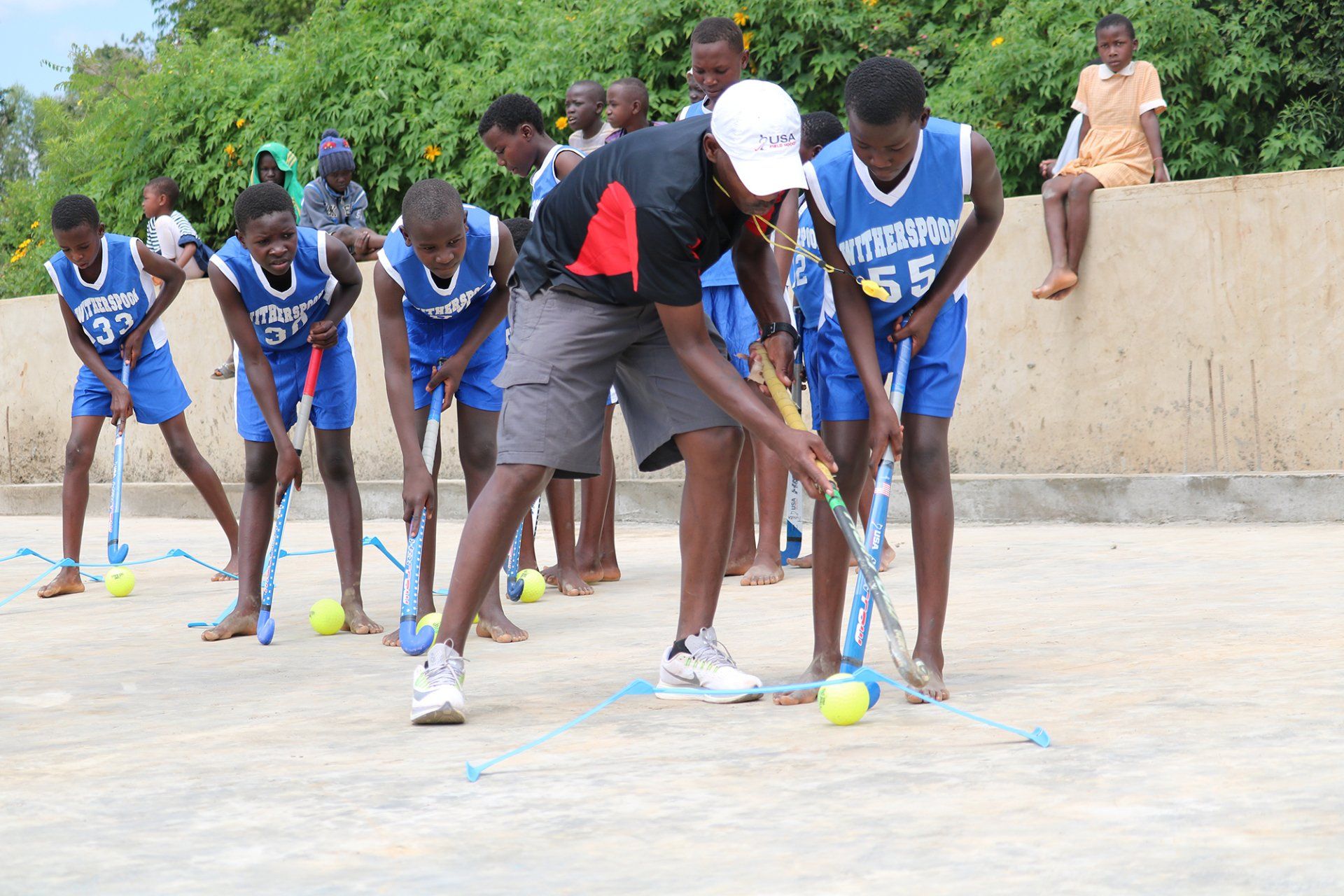
By Jason Carr
•
20 Aug, 2020
Sport has long been recognised as a way to help individuals develop self-confidence and a sense of self-worth but one organisation is utilising sport – in the form of hockey – as a means of lifting whole communities out of poverty. Tunza Sports Academy is a Kenyan-based sports programme that harnesses the power of hockey to give girls in rural communities the chance of an education and a way out of poverty. Meaning ‘to nurture’, Tunza is the brainchild of Rael Nyte, an inspiring individual who herself was a child in a rural Kenyan village and so knows first-hand the challenges faced by young girls and women. “I wiggled out of the cycle of poverty and it was very hard,” says Rael. “You inherit poverty from your parents and your grandparents. Through sport, we are showing girls that they can be more than what they are now. We focus on education because that is where the biggest inequality exists.” Rael is founder and President of Tunza, although she has lived in the USA for many years. Hockey proved to be her passport out of poverty as she used her playing ability and coaching qualifications to fund her way through college. Rael studied politics and diplomacy before getting a job with the United Nations. She says, when she arrived in the States she had very little, but the hockey com-munity welcomed her with open arms. She plays hockey for the Big Apple Club in New York and is developing her skills and experience as a technical official for PAHF. Tunza, she says, is her way of giving back to the sport that broke her own ‘cycle of poverty’. Denis Owoka is the director of coaching for the Tunza project. A member of the Kenyan Military De-fence Forces, there is a humorous glint in his eye when he talks about the discipline he instils in the children at the Academy. Denis has a strong hockey playing and coaching pedigree. He played and coached one of the top teams in Kenya as well as representing the armed forces. In 2019, he won the Kenyan Coach of the Year award. Denis turned his back on the medals and national competition when he joined Tunza. He now runs a team of five coaches – all young hockey players themselves – who are gradually learning and de-veloping coaching skills under his tutelage and guidance.
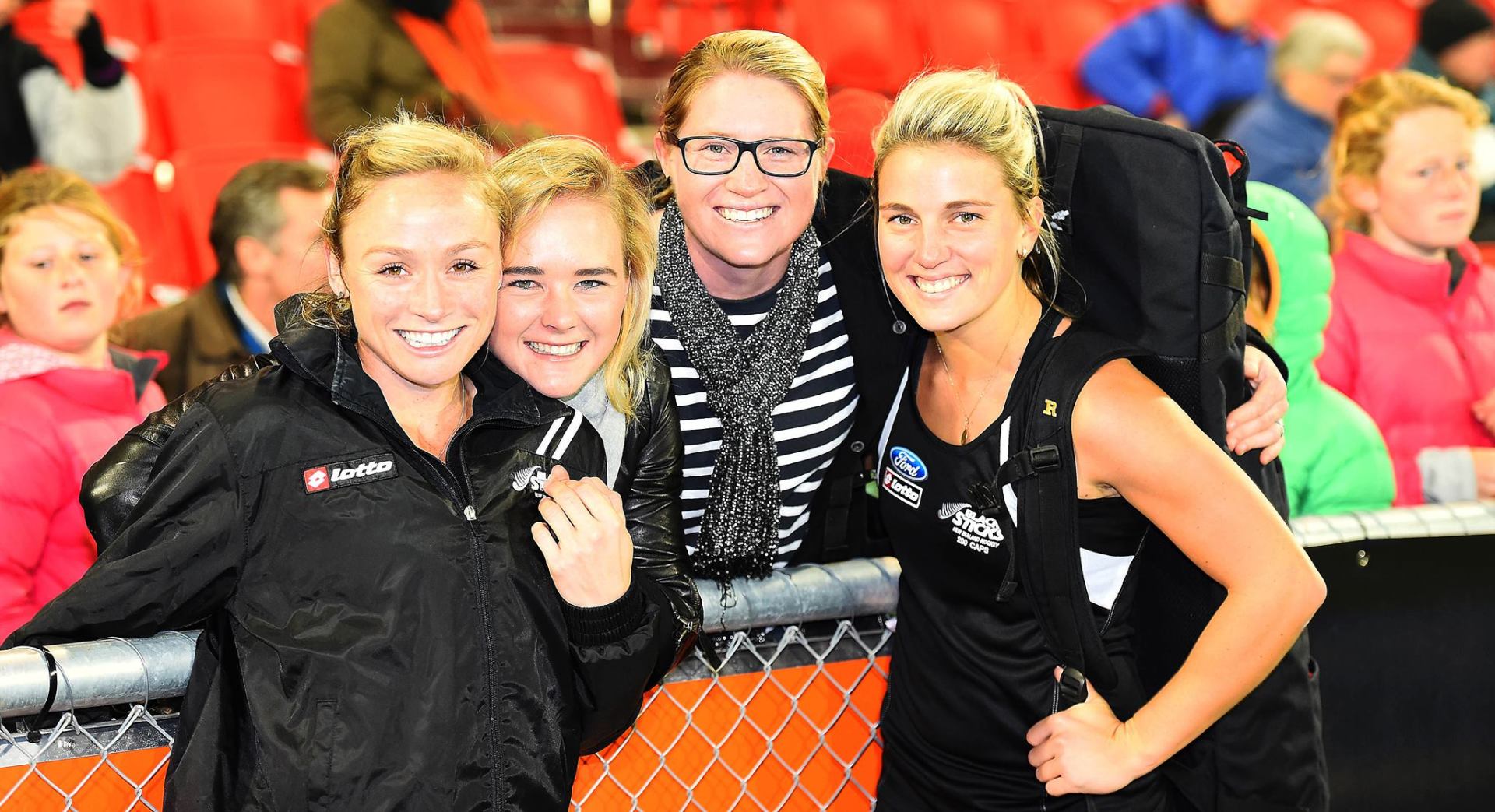
By Jason Carr
•
20 Aug, 2020
There may well be a distinctly Southern hemisphere vibe to training around Bisham Abbey as Great Britain and England women’s head coach Mark Hager is joined by fellow Kiwi Katie Glynn. Hockey writer Sarah Juggins caught up with Hager shortly after the appointment was announced Katie Glynn has been appointed assistant coach to the Great Britain and England women’s national team as they prepare for a return to FIH Pro League action – against Netherlands and Belgium in October. The team will then have a busy 2020 as they prepare for an assault on the EuroHockey Championships [as England] and the Olympic Games as Great Britain next year. The New Zealander has impeccable playing credentials and is renowned as a fearsome and un-compromising player. Hockey fans across the world will remember her heroics for the Black Sticks at the 2012 Olympics as she took to the field in the semi-finals against Great Britain with her head bandaged up after she suffered a blow during the game. Now, Great Britain and England will be looking for her to bring the same fire and determination in her new role as assistant coach. Mark Hager, who has been in situ as head coach since January 2019, was Glynn’s coach during her 134-cap career with the New Zealand Blacksticks, although the former New Zealand coach has not worked with Glynn in a coaching capacity before. “I’ve watched her coach from afar, really,” says Hager. “She has done some age-group stuff in New Zealand, as well as some work with the senior team forwards. What we saw from that, and from the interviews, was her attacking knowledge and experience. What we have seen with the New Zealand [senior] side is that their conversion rate has gone higher – Olivia Merry has become the leading goal scorer in the Pro League over the past two seasons – and Katie has been working with her one-on-one. “She will also bring different ideas to the group. Her role will be very much on the attacking side, particularly the attacking circle, individual skills, penalty corners, free hits outside the circle. Pretty much anything in the attacking third will be Katie’s role.” Glynn’s ability as a forward is well-known. She was her nation’s leading goal scorer with 77 interna-tional goals to her name. And she has plenty of knowledge on the highest levels of the world stage. During her international career, she played in the 2012 Olympic Games, plus the 2010 and 2014 World Cups and two Commonwealth Games. She retired from playing after sustaining a serious in-jury when she was just 26 and has thrown herself into coaching ever since. Her coaching cv to date includes stints with New Zealand U18 and U21 sides before joining Graham Shaw as assistant coach to the New Zealand senior side. For Hager, the fact that Glynn is not long retired from international play is another bonus. “Katie still has that closeness to the game and also is nearer in age to the players. We thought that was an-other thing she would bring to the role – that sort of ability to build strong relationships with the play-ers in the team. “Katie knows the way that I think, hockey-wise, but she will also bring her own perspective. She knows I like to play attacking hockey and the sort of style I play, so we don’t need to spend a lot of time on that. We will probably just do some work around the communication of it. For example, when I was with New Zealand, we used Maori language around some of the calls. So Katie will need to get used to the calls we make, but the concepts remain the same, it is just around the terminology.”
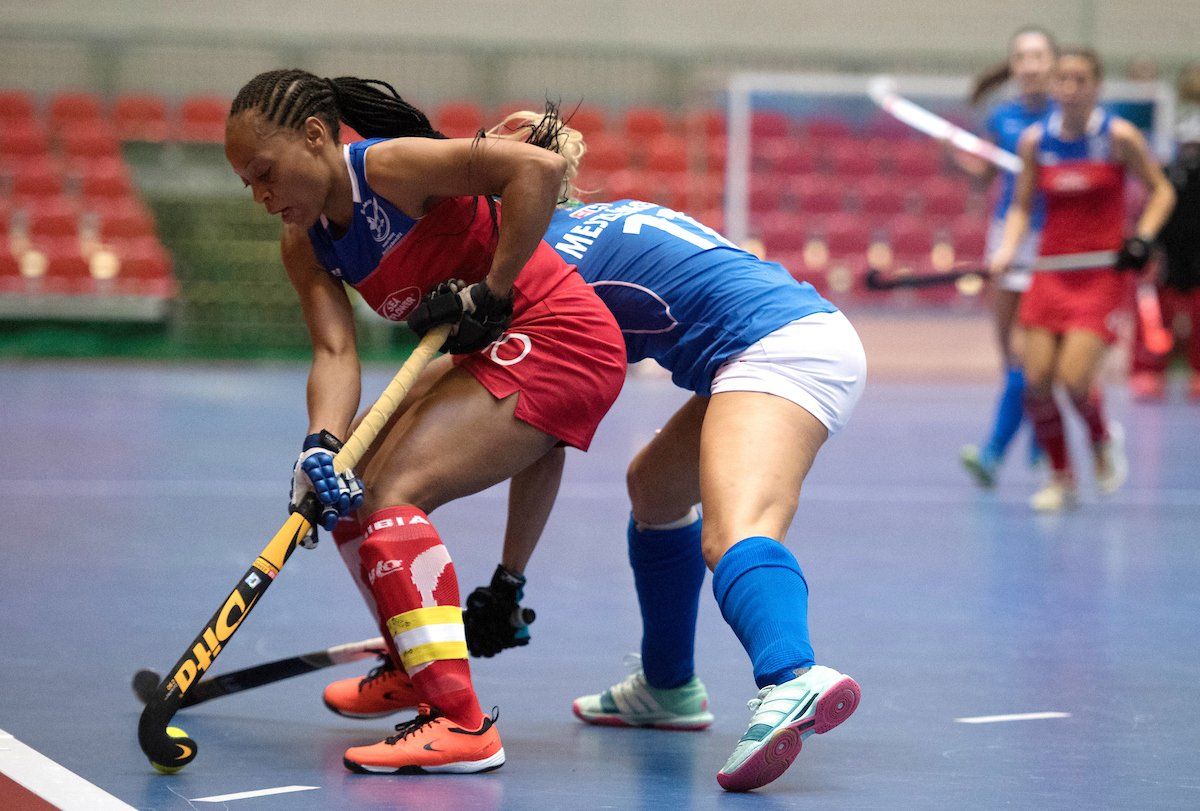
By Jason Carr
•
20 Aug, 2020
Over the past few weeks the global news channels have been full of stories about racial injustice – both contemporary and historical. Harrowing tales of violence against ethnic groups; scenes of turmoil during protests and marches in cities around the world; prominent people speaking out against racist behaviour. The focus of the protest has been the Black Lives Matter campaign, fuelled by the death of George Floyd in Minneapolis. Floyd was killed after a policeman kneeled on his neck for a prolonged period of nearly eight minutes. Video footage of the incident sparked outrage around the world. Floyd’s death acted as a catalyst for a groundswell of protest and campaigning, with the spotlight very firmly shining on the inequities suffered by the black population in many countries. While the epicentre has been the USA, charges of racial injustice have been levelled at organisations and systems across the globe. Statues of people who made their fortune from the slave trade have been pulled to the ground, many institutions that have failed to offer equal opportunities to black people in the past, have been forced into apologies and radical overhauling of their operations. Hockey has not been exempt from the discussions. As Black Lives Matter became the trending slogan across social media, so stories began to emerge. In the UK, 22-year-old Tendo Kimuli, who has played for England at U18 and U21 level, spoke out about the treatment he has received as one of very few black players. “I know I’m not the only black person in the UK that plays hockey, despite there being a VERY small number of us, {it} would be good to know that we have support from the people up top in the sport that we love. “I remember playing hockey at university and on two separate occasions receiving jeers from the sidelines (from people that knew me) saying “Tendo, do something you black p****!” on another occasion after missing a sitter, someone shouted “You only need one negro!”
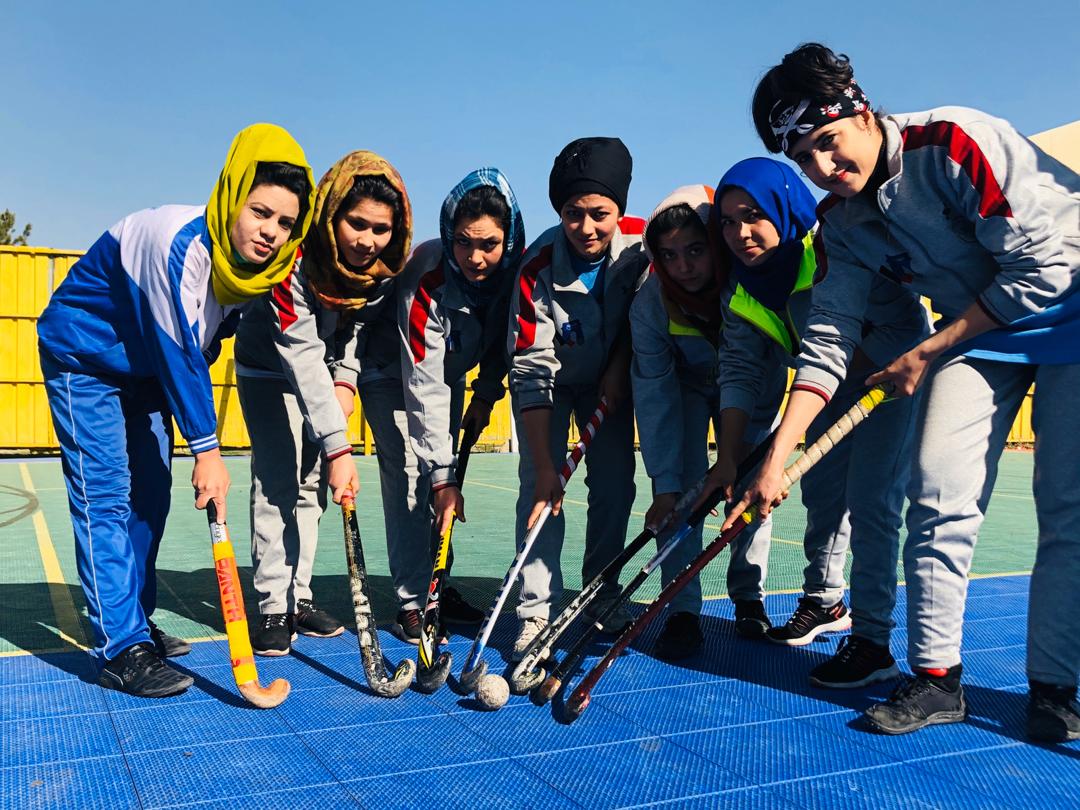
By Jason Carr
•
20 Aug, 2020
Imagine every time you step onto a hockey pitch your life is in danger. Imagine that the better you become at your sport, the more you are at risk of kidnapping, being beaten and arrested or killed. This is the situation in Afghanistan where sectors of society believe women should not be allowed to excel at sports. It is a confused and dangerous situation for women who wish to play sport in the country. While sport for health and fitness reasons may be acceptable, excelling at sport is not. Many talented sports women from a range of sports have had to leave the country in order to continue with their sports careers. Among those who have had to leave Afghanistan to pursue their sports to the highest level they could are Tahmina Kohistani, who took part in the London Olympics 100 meters, and Taekwondo champion Humaira Mohammadi, who opted to continue with the sport away from Afghanistan. There are some signs that things are changing for women in Afghanistan. Since the Taliban entered into negotiations with the government, the rights of women to vote and work have become non-negotiable. Sport, however, remains a area of deadly contention. Death threats aside, for any women choosing to play sport in Afghanistan there is a lack of facilities, support or acceptance in wider society. It is no exaggeration to say that women who play sport are risking their personal safety and sometimes their lives. And yet, women from all sports continue to speak out and press for the right to pursue their sports. In a brave message of defiance, Yasmin Mohammadi, a member of the women’s national hockey team spoke out to a reporter on the Afghan national news channel: “Every single girl or youth is able to enter into the field of sports, because sports is not only for males.”
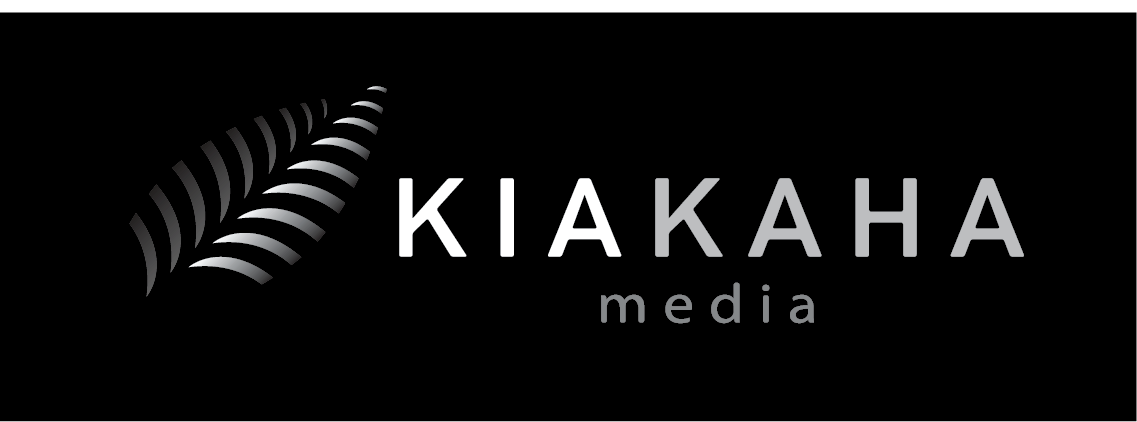
© 2022 PlanetHockey • Website Design Auckland by Fuel
Get in Touch
PO Box 37 978
Parnell
Auckland, 1001
New Zealand
P: +64 21 757 747






